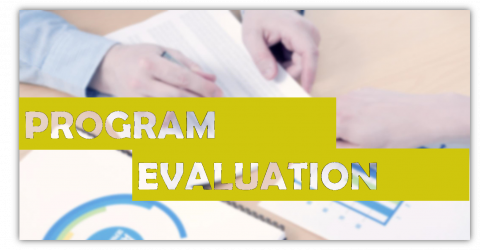This course is designed to familiarize local public health administrators and members with program evaluation, which is an essential organizational practice in public health. Program evaluation is defined as “the systematic collection of information about the activities, characteristics, and outcomes of programs to make judgments about the program, improve program effectiveness, and/or inform decisions about future program development." This course will go over the steps of the program evaluation process as well as a basic evaluation plan.
Intended Audience
individuals who are new Public Health Administrators
Learning Objectives:
Upon completion of this part, you will be able to:
- Describethe steps of the program evaluation process
- Identifykey stakeholders of the evaluation
- Describethe components of a program logic model
- Outlinea basic evaluation plan including data collection methods
- Listand describe three ways to use evaluation data to draw conclusions about a program
Pre-requisites/Learning Level
No pre-requisites
Competencies addressed
Core Competencies for Public Health Professionals
- 1A1, 1B1, 1C1 – Describes factors affecting the health of a community (e.g., equity, income, education, environment)
- 1A2, 1B2, 1C2 – Determines quantitative and qualitative data and information (e.g., vital statistics, electronic health records, transportation patterns, unemployment rates, community input, health equity impact assessments) needed for assessing the health of a community
- 1A3, 1B3 – Applies ethical principles in accessing, collecting, analyzing, using, maintaining and disseminating data and information
- 1C3 – Ensures ethical principles are applied in accessing, collecting, analyzing, using, maintaining, and disseminating data and information
- 1A9 – Describes public health applications of quantitative and qualitative data
- 2A2 – Contributes to development of program goals and objectives
- 2B11 – Evaluates policies, programs, and services (e.g., outputs, outcomes, processes, procedures, return on investment)
CEUs Offered
None
Cost
Free
Modality/format
Online Self-Pace
Length
1 hour
Presenter(s) and/or Content Experts
Kellee Thorburn McCrory, Dena Fife
Technical requirements:
- Adobe Acrobat Reader
- Flash Player
- Speakers
Registration requirements
Register a free account
Creation and/or update
May 12, 2015





